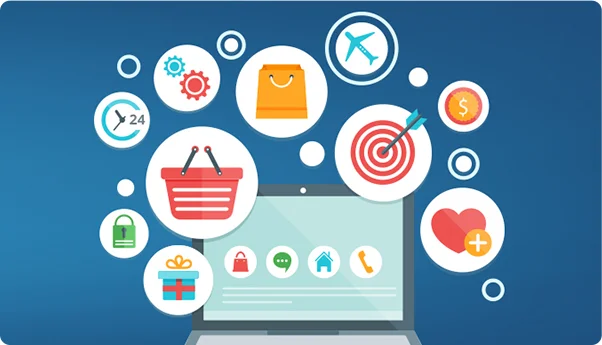Boomi is the first choice of businesses to integrate multiple systems and streamline the whole process with a unified data flow. However, not all existing systems are equally compatible in terms of data format, API standard, etc. Legacy systems double the issue and can affect the communication and data exchange between Boomi and other systems. It is necessary to connect with Boomi implementation consultants to identify these challenges before the integration.
Understand existing system limitations and requirements.
Before finding the solution, find the challenges that can lead to problems in Boomi integration with third-party systems. A clear understanding of the Boomi implementation partner ensures that the third party is ready for integration in every sense.
- Do a thorough review of technical documents shared by a third party.
- Check if the third-party system offers an API with supported methods and standard data formats to configure with Boomi connectors easily.
- Ensure that the third-party system is compatible with security protocols like OAuth, API keys, or SSL certificates for smooth communication with Boomi.
- Check out the rate limits, if there are any on the API, to avoid too many requests and timeouts.
Use pre-built connectors of Boomi Consultants
Boomi pre-built connectors are designed to seamlessly integrate with third-party systems like NetSuite, Salesforce, and Workday. It simplifies the Boomi integration process by handling the problems caused by third parties.
Before integrating your third-party systems with Boomi, check whether its connections are compatible with your existing system. Usually, these connectors have built-in error handling, authentication, and data formatting to make the integration process successful.
Besides this, each connector can be configured to meet specific cases like data mapping, custom headers, and handling different response statuses. Configuration with Boomi connectors ensures that all the connectors are working seamlessly with the third-party system.
5 Common Third-Party Integration Challenges During Bomi Integration
1. Handle data transformation and mapping efficiently
Challenge
One of the most common challenges while integrating Boomi with third-party systems is different data formats. Different systems have different data structures, like naming conventions or measurement units, which results in errors and data loss during integration.
Solution
- Use Boomi data mapping tools to transform data between different formats.
- Before sending to the third-party Boomi implementation partner, convert data into a standard format to reduce the chances of format mismatch.
- Imply the data validation rule to ensure that data is transferred in the required third-party system format with Boomi.
2. Ensure API Compatibility
Challenge
All APIs are not created equal, and some of the third-party systems might have poorly documented APIs, which can cause issues with Boomi connectors. This can lead to problems while sharing information, and the incompatibility of the APIs can affect the performance of the Boomi integrated system.
Solution
- Create a customized connector in Boomi to bridge the gap between Boomi and third-party systems.
- Use the API gateway of Boomi Consultants to manage API transform requests, authentication, and rate limits.
- Test the API’s endpoint compatibility, like response format, errors, or incomplete data.
3. Address security and compliance requirements.
Challenge
While integrating third-party systems with Boomi, data transactions with security is a primary challenge, especially for industries like healthcare, finance, and retail. If it is not end-to-end encrypted or complies with privacy regulations, security risks can rise, leading to data breaches.
Solution
- Follow the secure end-to-end communication protocols like HTTPS or FTPS.
- Choose a suitable authentication method like OAuth, API keys, or SAML with third-party systems.
- Compile your integration with standard regulations such as GDPR or HIPAA to encrypt the data.
4. Monitor and optimize integration performance.
Challenge
Even after solving compatibility issues during setup, businesses encounter performance challenges while integrating with third-party systems. The poor performance can be the result of a high load on third-party systems.
Solution
- Use advanced tools to identify the reasons for poor performance, like slow API calls, excessive response time, and unexpected failures.
- Load balancing and throttling techniques of the Boomi implementation partner balance the load for a smooth data flow.
- Businesses can implement caching mechanisms to minimize the number of API calls for prompt response.
5. Handle Legacy Systems with Care
Challenge
Due to outdated technologies or not following the communication protocol, it can be a challenge to do Boomi integration. Businesses take the support of Boomi consultants to solve legacy systems issues like failing to support modern APIs; they rely on flat file formats, which are not compatible, and then lack an API.
Solution
- Solutions like middleware, message brokers, and enterprise service buses help facilitate seamless communication with Boomi.
- By batch processing and transforming them into updated data structures, businesses can change the legacy system data format (CSV or XML).
- Boomi connectors can create API-like endpoints to communicate with Legacy systems in a standardized manner.
Conclusion
Boomi integration can be a failure if there is poor compatibility with third-party systems. Businesses need experienced Boomi consultants to overcome the challenges even before the integration so it won’t harm the business operation performance.

